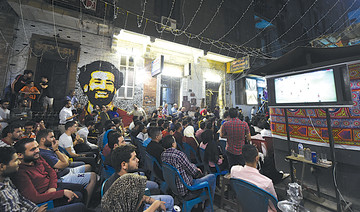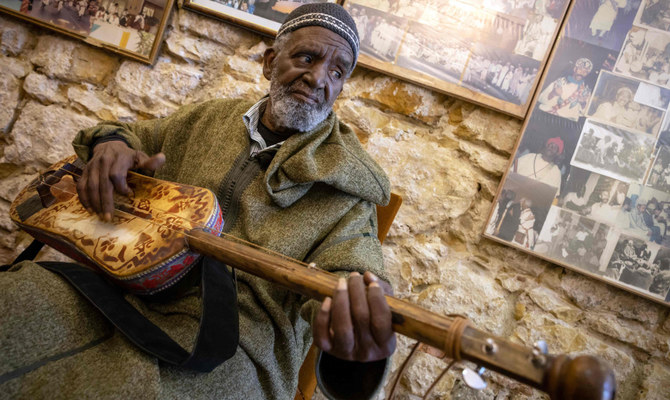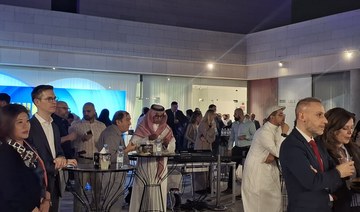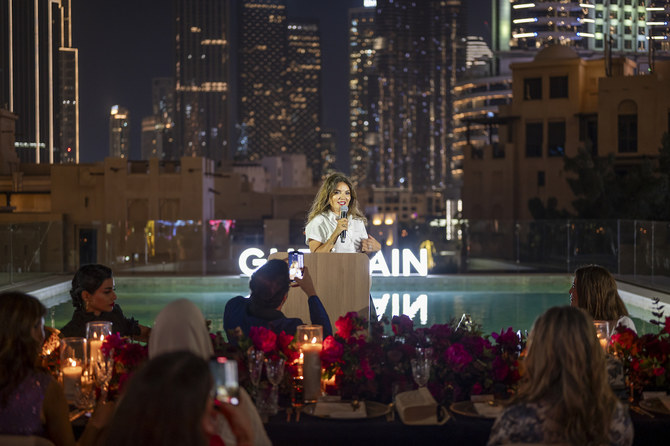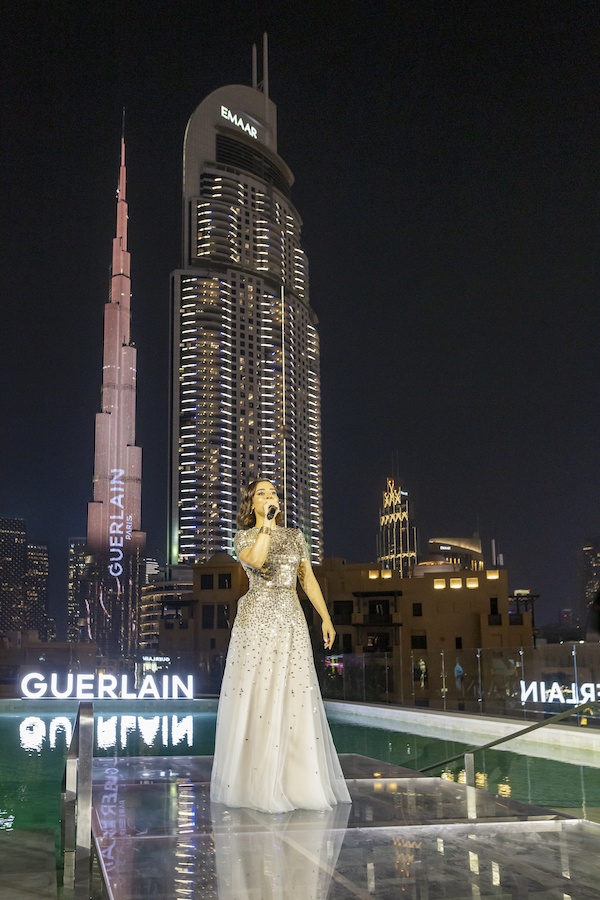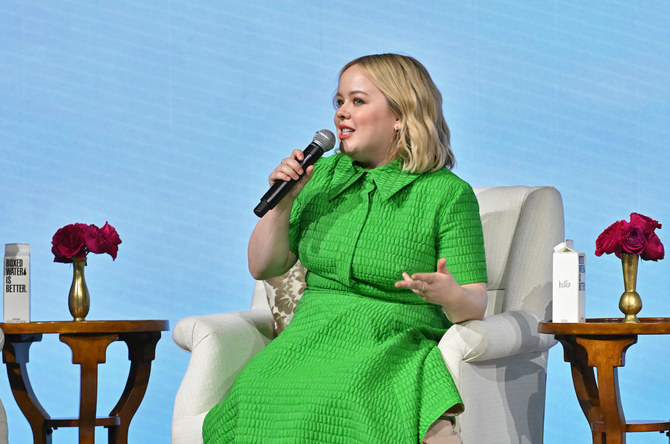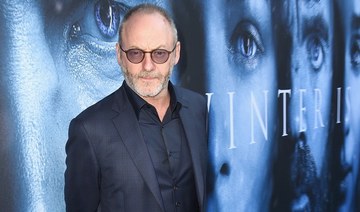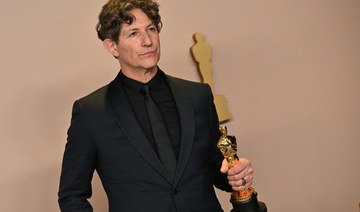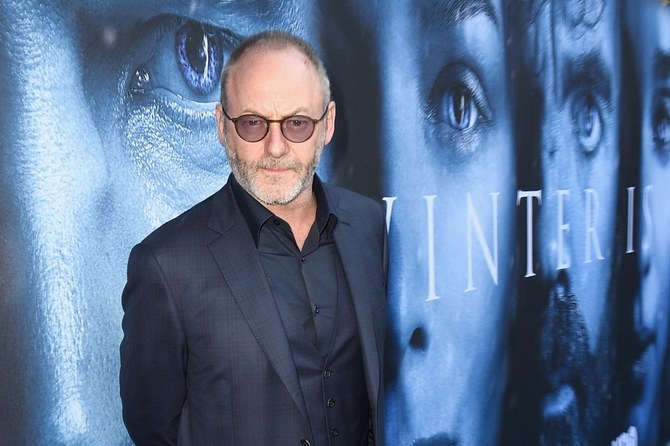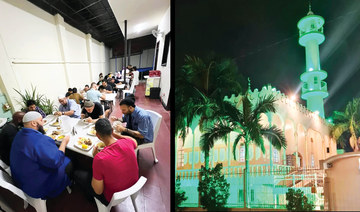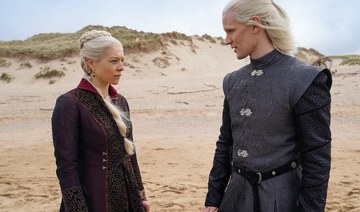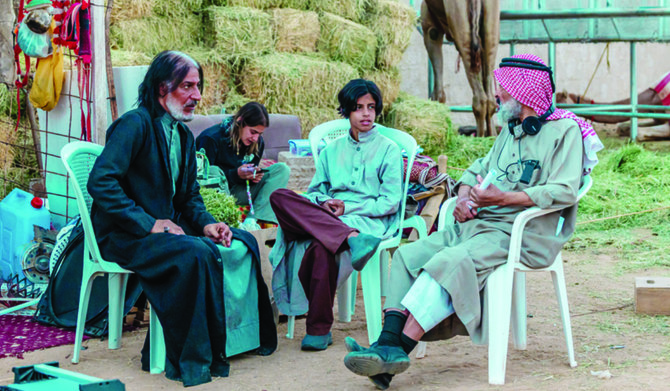From animals, to fruits and a spectacle-wearing wolf, each FIFA World Cup since 1966 has had its own much-loved mascot.
England in 1966: World Cup Willie
Willie, a lion dressed in a Union Jack jersey and boots, was the tournament’s first-ever mascot. The lion, also visible on the British passport, is synonymous with the country.

Mexico in 1970: Juanito
The mascot of a little boy dressed in a green kit and a traditional sombrero was designed to represent common football fans in Mexico.

Spain in 1982: Naranjito
Spain picked an orange as the face of the 1982 World Cup, starting a new trend of non-human mascots. Its name comes from naranja, Spanish for orange, as the round fruit is synonymous with Spain.

South Korea and Japan in 2002: Ato, Kaz and Nik
Nik, Kaz and Ato were the three World Cup mascots in 2002. Known as The Spheriks, this was the first time mascots were computer generated. Orange-yellow Ato is the coach, while purple Kaz and blue Nik are the team players in the fictional sport of “Atmoball.”
The colors, interestingly, bear no connection to the flags of Japan or South Korea.

South Africa in 2010: Zakumi
Zakumi the leopard was the mascot for the first World Cup ever held in Africa. Its green and gold colors mirrored the South African national team’s colors. His name comes from “ZA,” the international code for South Africa, and “kumi,” a word that means “ten” in various African languages.

Russia in 2018: Zabivaka
Zabivaka, which translates as “the one who scores” in Russian, is the mascot for the World Cup this summer. The wolf wearing orange spectacles landed the gig in October 2016, winning one million votes in an Internet poll.






